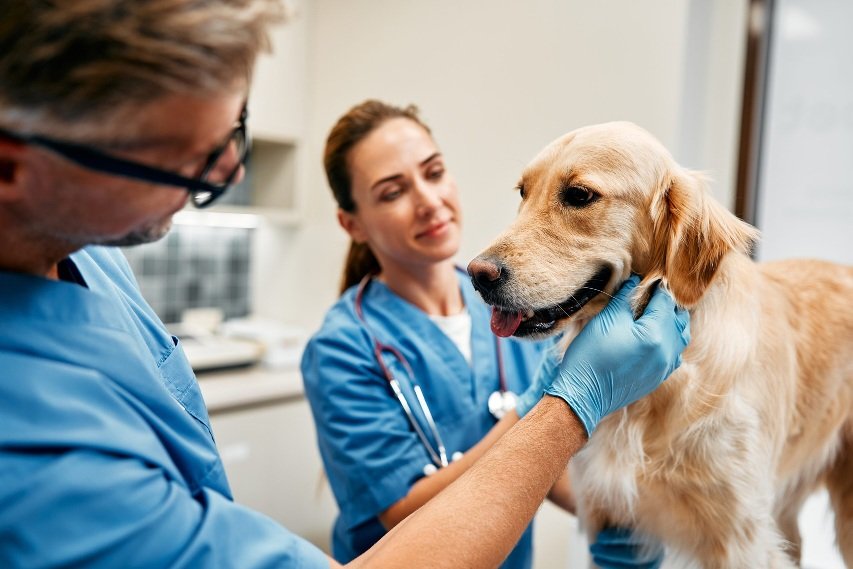When you think about your pet’s health, nutrition is key. A veterinarian in Unionville-Markham offers valuable strategies to keep your furry friend thriving. A well-planned diet can lead to better overall health and quality of life for your pet. You understand the importance of feeding your pet right, but navigating this can feel daunting. With easy steps and expert tips, you can create a nutrition plan that works for your pet’s unique needs. Knowing what and how much to feed your pet is crucial. A balanced diet supports their growth, energy, and happiness. Our goal is to empower you with clear, practical advice that makes feeding your pet straightforward. We focus on three main principles: balance, portion control, and ingredient awareness. By following these steps, you ensure your pet stays healthy and joyful. Let’s take this journey towards better nutrition together, ensuring your pet’s well-being.
Understanding Pet Nutrition Basics
First, recognize that pets, like humans, need a mix of proteins, fats, and carbohydrates. These macronutrients are essential for their energy and development. Each pet is different, and the right mix depends on their age, weight, and health. It’s important to consult with a vet. They can provide guidelines tailored to your pet’s needs.
Look for food that lists whole meat or meat meal as the first ingredient. This ensures your pet gets high-quality protein. Avoid foods with fillers such as cornmeal or by-products.
Creating a Balanced Diet
Balance is crucial. Your pet’s diet should contain the necessary vitamins and minerals. A mix of wet and dry food can help cover their nutritional needs. Make sure to read labels carefully. Choose options that offer a wide array of nutrients.
Include omega-3 and omega-6 fatty acids for a shiny coat and healthy skin. Calcium and phosphorus are essential for strong bones. Always ensure that water is readily available to keep your pet hydrated.
| Nutrient | Benefits | Sources |
| Protein | Builds muscle | Chicken, fish |
| Fats | Energy, coat health | Fish oil, flaxseed |
| Carbohydrates | Energy | Rice, oats |
| Calcium | Bone strength | Dairy, leafy greens |
Portion Control
Overfeeding is common but harmful. Obesity in pets can lead to serious health issues. Measure food portions according to your pet’s size and activity level. Use measuring cups for consistency.
It’s tempting to give pets extra treats, but moderation is key. Stick to healthy snacks like carrot sticks or apple slices. Avoid processed treats high in sugar and fat.
Ingredient Awareness
Knowing what goes into your pet’s food helps in making informed choices. Look for natural preservatives like vitamin E instead of artificial ones. Avoid foods with excessive salt, sugar, or artificial colors.
Check for potential allergens. Common allergens include soy, wheat, and dairy. If you notice any adverse reactions, contact your vet promptly.
Consultation with Experts
Regular check-ups with a vet can prevent many nutritional problems. They can offer personalized advice based on your pet’s health and dietary needs. Don’t hesitate to ask questions. Your vet is the best source of information on pet nutrition.
Maintaining Long-term Health
Good nutrition is a lifelong commitment. As your pet ages, their needs will change. Keep adjusting their diet to reflect these changes. An older pet may require more fiber and fewer calories. Puppies and kittens need more protein and calories for growth.
Track your pet’s weight and overall health. Changes in weight or energy levels can signal the need for dietary adjustments. Always consult with your vet before making significant changes to their diet.
Your Role in Pet Nutrition
You play a vital role in your pet’s health. Ensuring they receive the right nutrition is a big responsibility. By following these steps, you provide a strong foundation for their happiness and well-being.
Your careful attention and informed choices make all the difference. Let’s continue to work together for the betterment of our furry friends.
